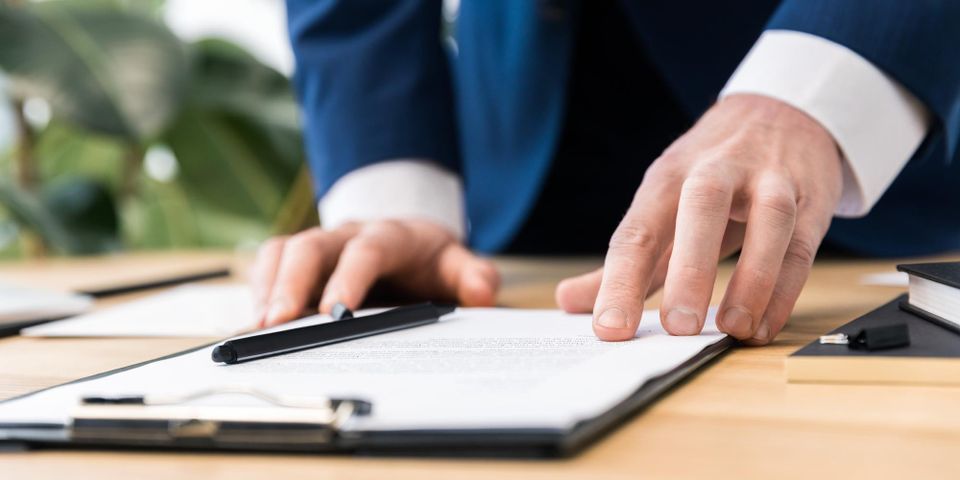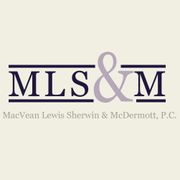What All Business Owners Should Know About Demand Letters

Receiving a demand letter is inherently stressful. After all, no one wants to face commercial litigation. Despite what the letter may say, though, it’s important to remember that receiving one is merely the earliest stage of dispute resolution, and a suit may not necessarily commence. Since the best way to respond will depend on the circumstances, it’s wise to consult with a commercial litigation attorney and discuss the specifics of the case. In the meantime, here’s some general information about demand letters.
A Guide to Demand Letters
What a Demand Letter Means
The primary purpose of a demand letter is to resolve an issue that exists between two parties in lieu of going to court. Financial disagreements are often the basis for demand letters, but other disputes can lead to them, too.
If one party has a legal problem with another party, they might draft a letter detailing the alleged facts, their grounds for a claim, and a proposed solution. Depending on the validity of the letter’s contents, the recipient might accept the solution, propose a different one, commence with their own claim, or ignore the situation altogether.
How to Respond to a Demand Letter
It’s rarely wise to ignore a demand letter. Even if the sender’s claims are spurious, they could come back and haunt you — or at least hurt your company's reputation — if you don’t act. Since determining precisely what you should do can be challenging, though, it’s best to consult with a commercial litigation attorney at soon as possible. After evaluating the situation, your lawyer might advise you to draft a written response, propose a counteroffer that protects your best interests while satisfying the other party’s concerns, or start gathering evidence to build a defense.
How You Can Use Demand Letters
You can also use demand letters to your advantage. For instance, if you operate a retail business and an individual shoplifts from your store, you can send a consumer civil demand letter requesting that the thief pay a settlement amount within 30 days. You can also file demand letters against counterparty companies that have not fulfilled their payment obligations or that have breached contracts.
If your business received a demand letter or you need help drafting one, turn to the commercial litigation team at MacVean, Lewis, Sherwin & McDermott, P.C. Located in Middletown, NY, they’re proud to be one of the oldest firms in Hudson Valley. For more than 130 years, they’ve been helping individuals, businesses, and nonprofits resolve legal disputes. To learn more about the firm’s impressive history, visit their website. To schedule a free consultation, call (845) 343-3000.
About the Business
Have a question? Ask the experts!
Send your question

